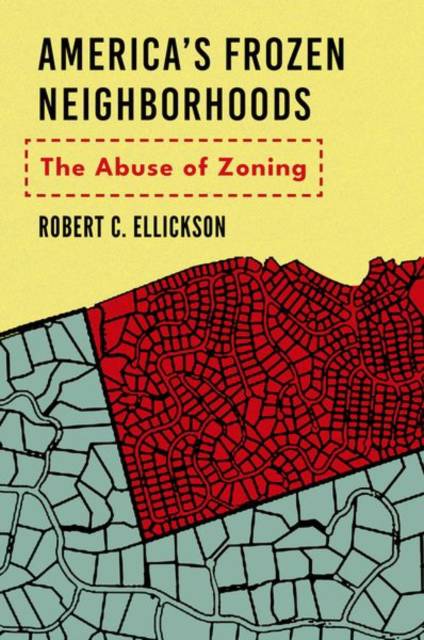
- Retrait gratuit dans votre magasin Club
- 7.000.000 titres dans notre catalogue
- Payer en toute sécurité
- Toujours un magasin près de chez vous
- Retrait gratuit dans votre magasin Club
- 7.000.0000 titres dans notre catalogue
- Payer en toute sécurité
- Toujours un magasin près de chez vous
69,45 €
+ 138 points
Description
This book examines local zoning policies and suggests reforms that states and the federal government might adopt to counter the negative effects of exclusionary zoning "[A] tale . . . well told by Robert Ellickson. . . . It's a valuable contribution to the growing movement against NIMBYism."--Peter Coy, New York Times In this book, Robert Ellickson asserts that local zoning policies are the most consequential regulatory program in the United States. Many localities have created barriers to the development of less costly forms of housing. Numerous economists have found that current zoning practices inflict major damage on the national economy. Using Silicon Valley, the Greater New Haven, Connecticut, area, and the northwestern portion of Greater Austin, Texas, as case studies, Ellickson shows in unprecedented detail how the zoning system works and recommends steps for its reform. Zoning regulations, Ellickson demonstrates, are hard to dislodge once localities have enacted them. He develops metrics to measure the existence and costs of exclusionary zoning, and suggests reforms that states and the federal government could undertake to counter the detrimental effects of local policies. These include the cartelization of housing markets and the aggravation of racial and class segregation.
Spécifications
Parties prenantes
- Auteur(s) :
- Editeur:
Contenu
- Nombre de pages :
- 320
- Langue:
- Anglais
Caractéristiques
- EAN:
- 9780300249880
- Date de parution :
- 18-10-22
- Format:
- Livre relié
- Format numérique:
- Genaaid
- Dimensions :
- 155 mm x 236 mm
- Poids :
- 589 g

Les avis
Nous publions uniquement les avis qui respectent les conditions requises. Consultez nos conditions pour les avis.






